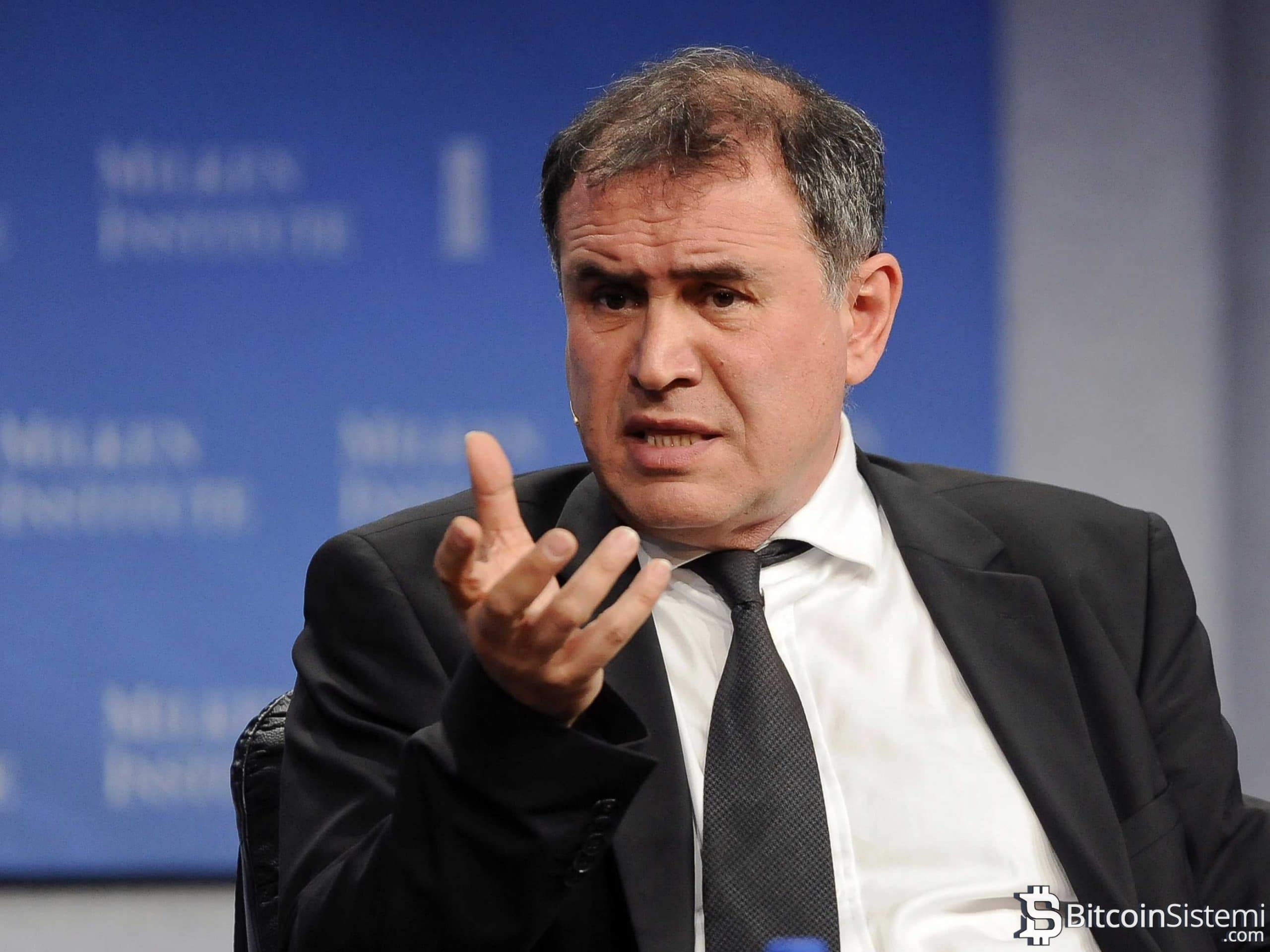Economist Nouriel Roubini, CEO of Roubini Macro Associates and portfolio manager of Atlas America Fund, reiterated his skepticism towards Bitcoin, calling it a “speculative asset” and dismissing its potential as a legitimate currency or hedge against inflation.
Speaking about the recent surge in Bitcoin prices, Roubini noted Bitcoin's inherent volatility and lack of fundamental utility as a medium of exchange.
Roubini criticized Bitcoin and other cryptocurrencies for failing to meet the basic requirements of a currency. He argued that Bitcoin is neither a scalable means of payment nor a stable store of value. “Bitcoin is not an economic unit of account, it is not a stable store of value and it is not a scalable means of payment,” he said, citing its history of extreme price swings.
Drawing attention to the example of El Salvador, where Bitcoin has begun to be used as legal tender, he said that less than 1% of transactions in the country are carried out using cryptocurrency. “I don’t think Bitcoin will ever become a currency,” he added.
Roubini also disagreed with the claims that Bitcoin provides protection against inflation or the devaluation of fiat currencies. “Historically, Bitcoin has been highly correlated with the stock market,” Roubini said, explaining that its price tends to rise and fall with stocks rather than acting as a counterweight during periods of inflation. Unlike gold, which has traditionally been a reliable hedge during inflationary periods, he argued that Bitcoin’s performance has not been in line with such expectations.
Roubini also voiced concerns about regulatory developments in the crypto space. While acknowledging that retail use is increasing, he warned that looser regulation could lead to another speculative bubble. “The risk is that we are moving towards too little regulation, which could pave the way for scams and market failures similar to what we saw with FTX and Sam Bankman-Fried,” he said.
He warned that a lack of oversight could increase systemic risks in the crypto ecosystem, resulting in another bubble and bust cycle. “Many players in this space are shady and weak regulation only increases the risk of fraud and volatility,” Roubini said.
*This is not investment advice.










